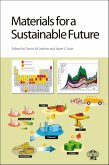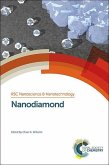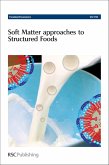Faraday Discussions 156 This volume focuses on recent progress in the study of tribology and brings together research from the diverse aspects of this topic. Tribology is the essential science of all interacting surfaces in relative motion, including the principles of friction, lubrication and wear. Tribology affects our lives in many direct ways and is core to future transport and energy efficient machines, the control of emissions and low maintenance renewable energy systems, to the efficacy and performance of joint implants, and the operation of microelectromechanical devices. Over the last 10 years there have been enormous advances in experimental techniques to study interfaces at the molecular scale (in situ spectroscopies, various scanning probe techniques, applications of synchotron radiation), in studies of the chemical modification of surfaces, and in theoretical and computational approaches (molecular mechanics, density functional theory) to modelling interfaces on the molecular scale. With a focus on advanced computational and experimental tribology, combining multiscale modelling, analytical and experimental techniques, we can develop a better understanding of tribological processes at the molecular, micro and nano scales and use this understanding to link this to micro-system performance as well as predictive models concerned with macro contact. The work presented touches on the following themes: Future lubricated systems Smart tribological surfaces Predictive modelling Biotribology
Hinweis: Dieser Artikel kann nur an eine deutsche Lieferadresse ausgeliefert werden.
Hinweis: Dieser Artikel kann nur an eine deutsche Lieferadresse ausgeliefert werden.








